How to Become a Better Interviewer

As an interviewer, it's essential to ask questions that will help you evaluate a candidate's fit for the role and assess their skills and experience. Here are some tips for becoming a better interviewer:
1. Prepare in advance
Before the interview, review the job description and the candidate's resume to understand their qualifications and what you want to learn from the interview. Develop a list of questions to help you assess their fit for the role and their skills and experience. Be sure to collaborate with your colleagues involved on the interview panel so that you don’t ask the same questions.
2. Create a welcoming environment
Make sure the interview setting is comfortable and professional. Greet the candidate with a warm and friendly demeanor, and introduce yourself and the company. With more interviews taking place over video conferencing platforms like Zoom and Microsoft Teams, be sure to set up a quiet area for the interview, turn on your camera and have a neutral background with good lighting.
3. Listen actively
Pay close attention to the candidate's responses and engage with them. Avoid interrupting or talking over them, and show that you are listening by nodding your head or making eye contact. One tip is to record and transcribe the interview using a tool like Otter.ai. Otter will automatically record and transcribe so that you can focus on active listening.
4. Ask open-ended questions
Avoid yes/no questions and instead ask open-ended questions that will give the candidate an opportunity to elaborate on their experiences and skills. Often it can be helpful to ask situational questions - for example, can you share an experience where you had to handle an upset customer? How did you handle the situation and what was the outcome?
5. Avoid bias
Be mindful of unconscious biases and avoid asking questions that could discriminate against a candidate based on their age, race, gender, or other characteristics.
6. Take good notes
Using a tool like Otter.ai to record and transcribe the interview will give you accurate notes from which you can write your assessment. You will want to remember important details about the candidate's qualifications and responses. If helpful you can highlight key information during the interview to make it easy to recall later. Additionally, Otter.ai will give you an automatic summary after the interview to help with your candidate assessment.
By following these tips, you can become a more effective interviewer and make better hiring decisions for your organization. If you want to try using Otter.ai during your next interview - be sure to sign up today and connect your calendar.




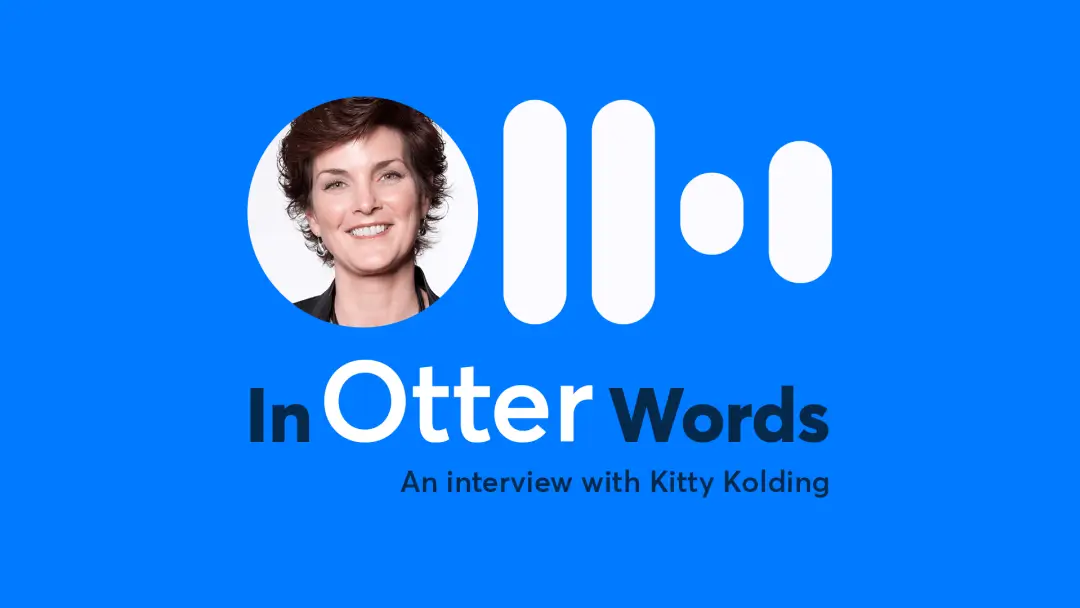


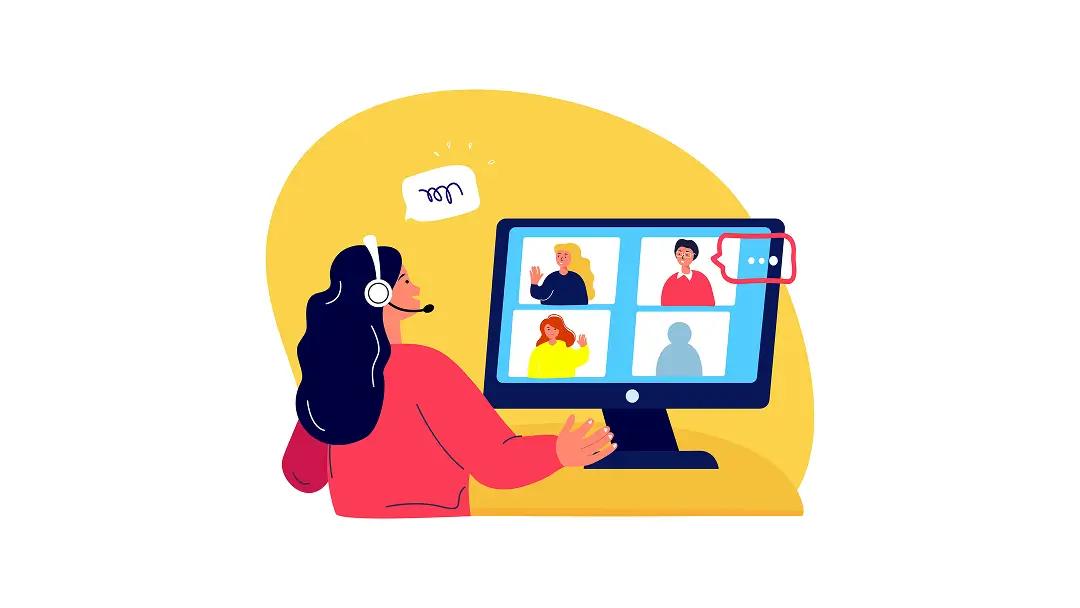

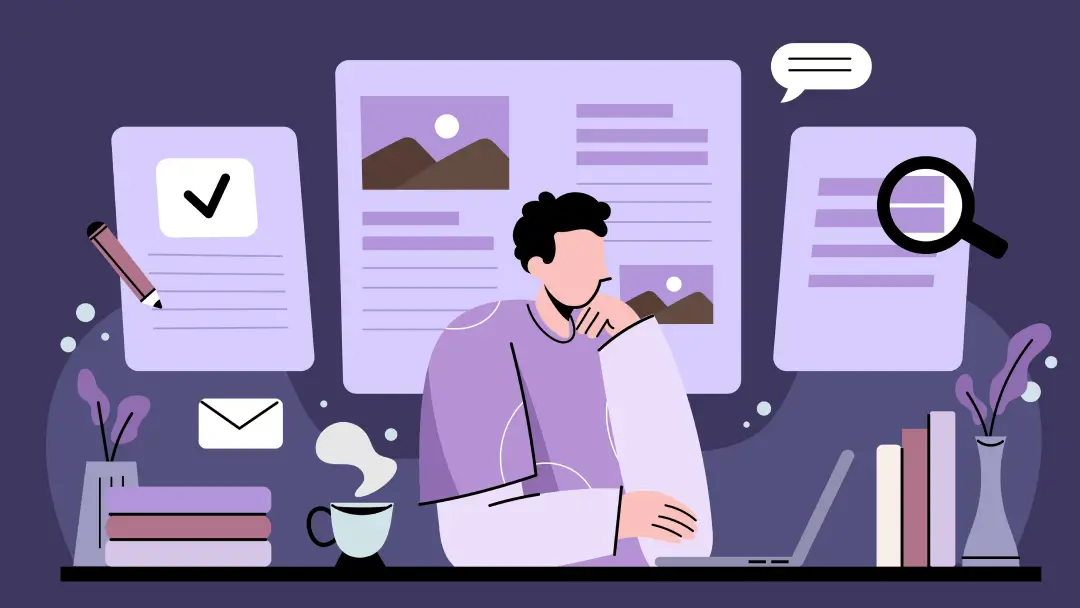
.png)

